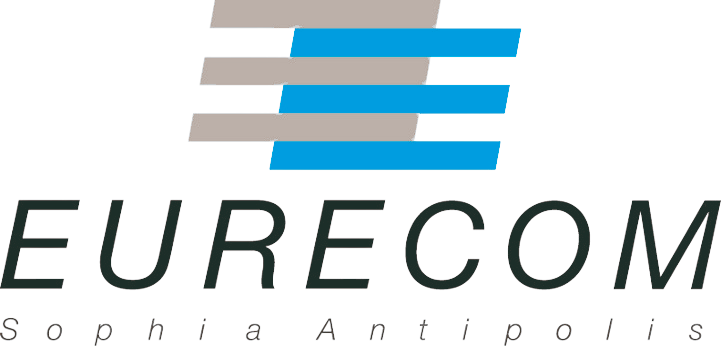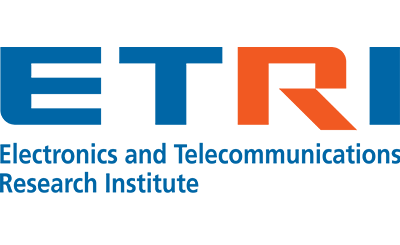What we do
Current priorities
SCF was founded with the aim of ensuring scale and, explicitly, diversity for the small cell industry. Diverse ecosystems are stable, sustainable and resilient. And right now ensuring the right conditions for diversity is a high priority:
- Diversification of market applications
- Diversification of deployers
- Diversification of supply chains
Recent SCF strategy sessions emphasised the ongoing importance of hybrid network architectures in delivering the high levels of flexible connectivity so many enterprises and organizations demand going forward. This informs not just our technology priorities, but also the regulatory and business model focus that will be required to deliver the infrastructure and services. Right now, industry sector influence and mechanisms capable of extracting value from these new models are still in their infancy.
This is a critical area of focus for the industry as the pace of ecosystem realignment continues to build.
A hybrid focused forum enables our innovation in the commoditization of the solutions that optimize options for deployers of networks that need solution compatibility all the way from public macro networks and isolated small scale private networks. Hybrid focused roadmaps could be game-changing, there’s still much to be done.
Small Cell Forum Members
Our work program
From open architectures and mission-critical specifications, to the policy and regulation that enables shared infrastructure and new business models – SCF’s 2023 work program has long-term, sustainable deployments and monetization through new business models at the heart of its mission.

Neutral host requirements
Our work here aims to promote a better understanding of the role of neutral hosts, their relationship to MNOs and other service providers, and the advantages of this evolving service provision landscape in the delivery of digital transformation for governments, economies, enterprises and society at large. This includes supporting, leveraging and globalizing the JOTS NHIB approach.
Learn More
5G products, splits and components
Small cells are changing. Their form is changing – with virtualized architectures increasingly important for 5G – and so are their use cases. To avoid the risk fragmentation, SCF is constantly evaluating products and splits against requirements to form a consensus view and concise definition of the types of 5G small cells and the key characteristics of the different types of commercially viable 5G small cell RAN products over the next five years.
Learn More
FAPI specifications
FAPI is a central component of small cell specifications, responsible for open small cell products. SCF has pioneered these specifications and continues to evolve them to meet the needs of the industry, while keeping pace with the 3GPP specifications in the macro RAN area. In 2023, the highly organized and efficient team will continue to develop release v7 of the FAPI specs, addressing P4 and P19 interface updates, evolution of the P9 interface, as well as MIMO and maintenance updates for P5 & P7 interfaces.
Learn More
Network FAPI
Network-FAPI/Split6 are an extension of the FAPI specs to be applied in a network environment, such as disaggregated Split6 based small cell networks, consisting of Distributed Radio Units (S-RU), Distributed Lower-Baseband Units (S-DU) and Centralized Higher-Baseband Units (S-CU). These specifications enable open small cell networks, ensuring multi-vendor interoperability between S-RU & S-DU. SCF has pioneered these specifications and will continue to enhance them in 2023. Specifically, non-ideal fronthaul and neutral host deployments will be addressed.
Learn More
Private networks and edge
We will be focusing on an evolution of the blueprint groundwork undertaken in 2022. The priority for our deliverables will be to derive scalable models for lower complexity deployment scenarios – key areas of focus will be healthcare and manufacturing. But we also want to look at key policy issues including promoting better understanding of the role of private networks for cities and local authorities, as well as considering the role of roaming and spectrum allocation in the context of PCNs.
Learn More
Advocacy and policy
SCF’s role extends to more than small cell technology and business cases, we also work with regulators, governments, and organizations. We act as advocates for small cells; on topics such as standardization, regulation, and health.
Learn More























































